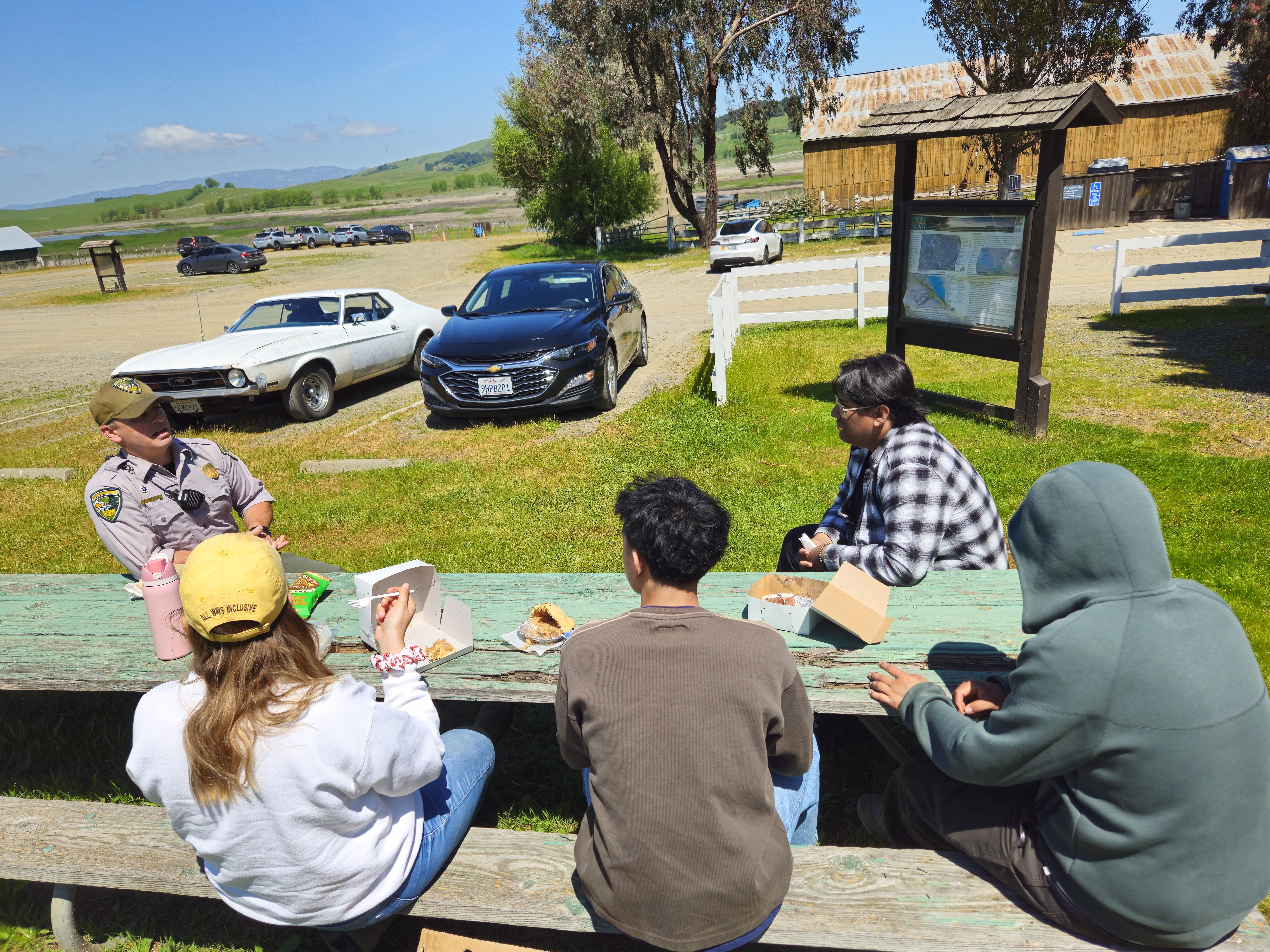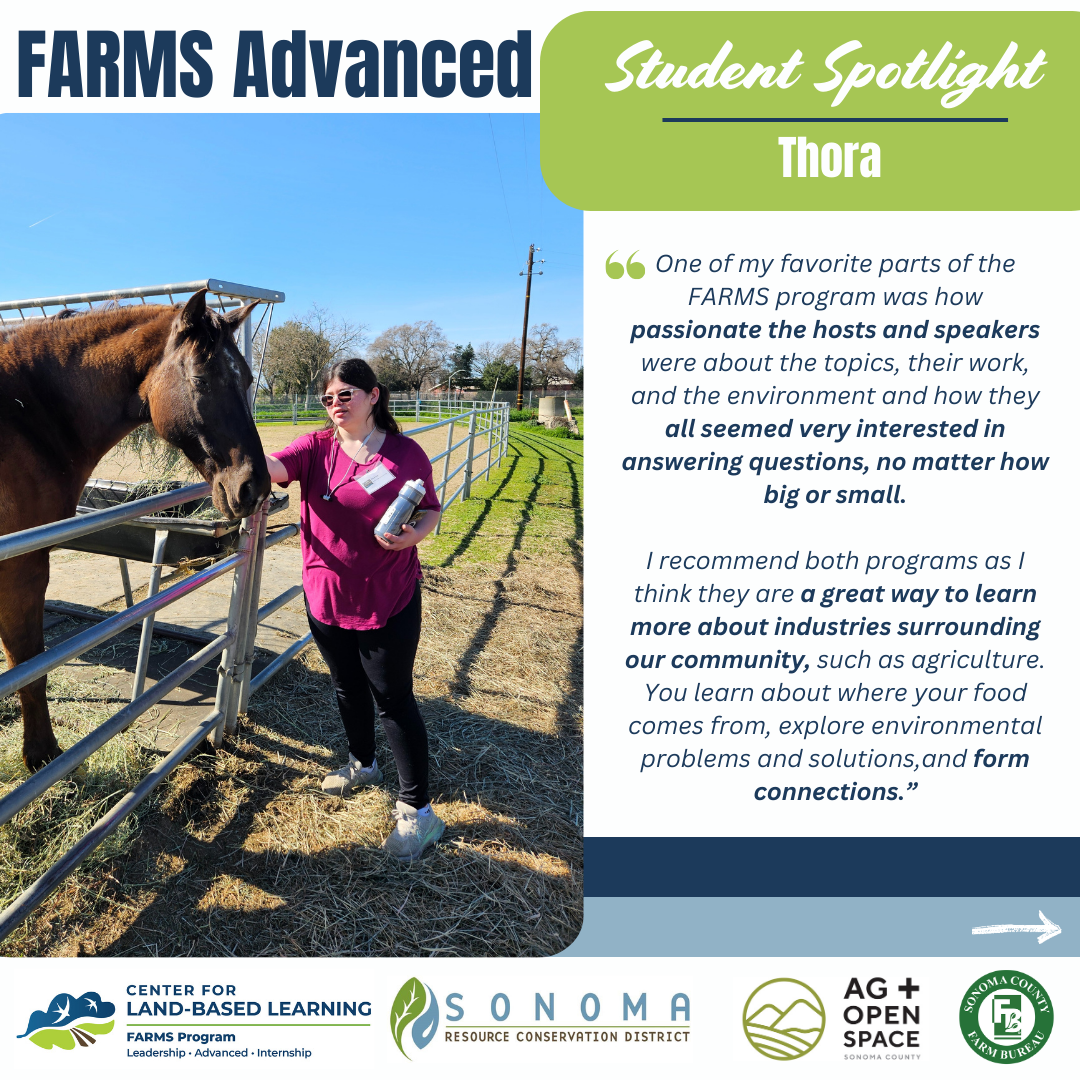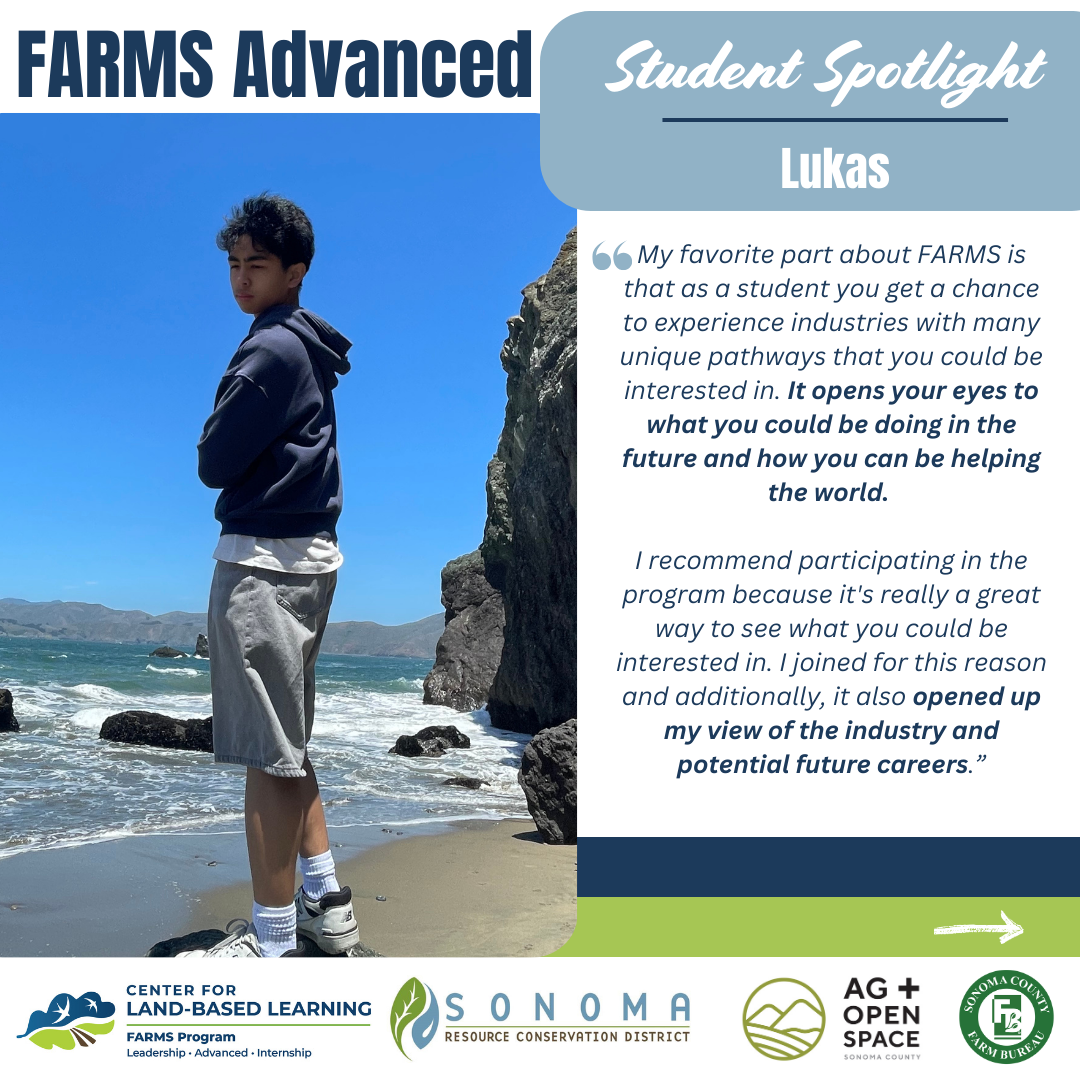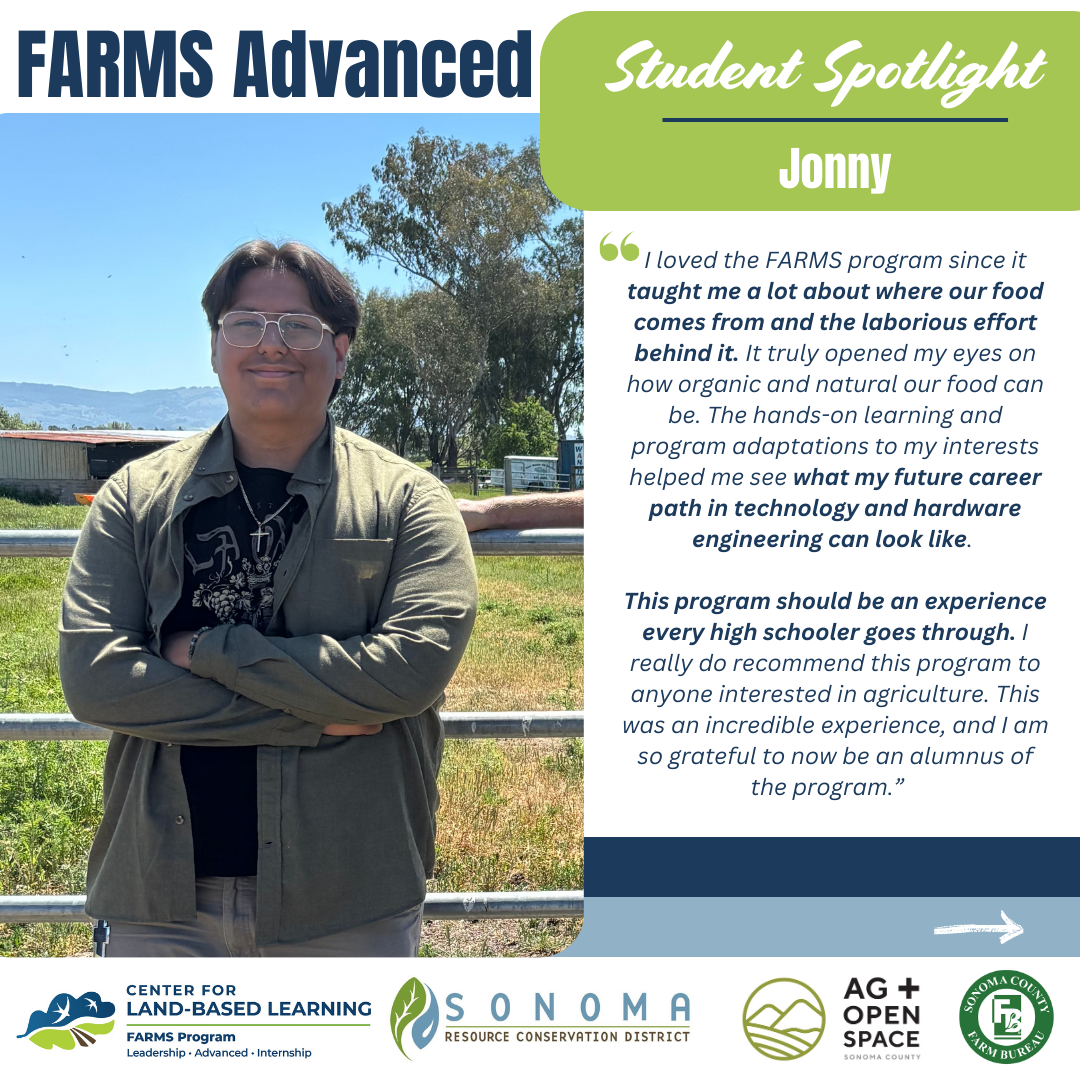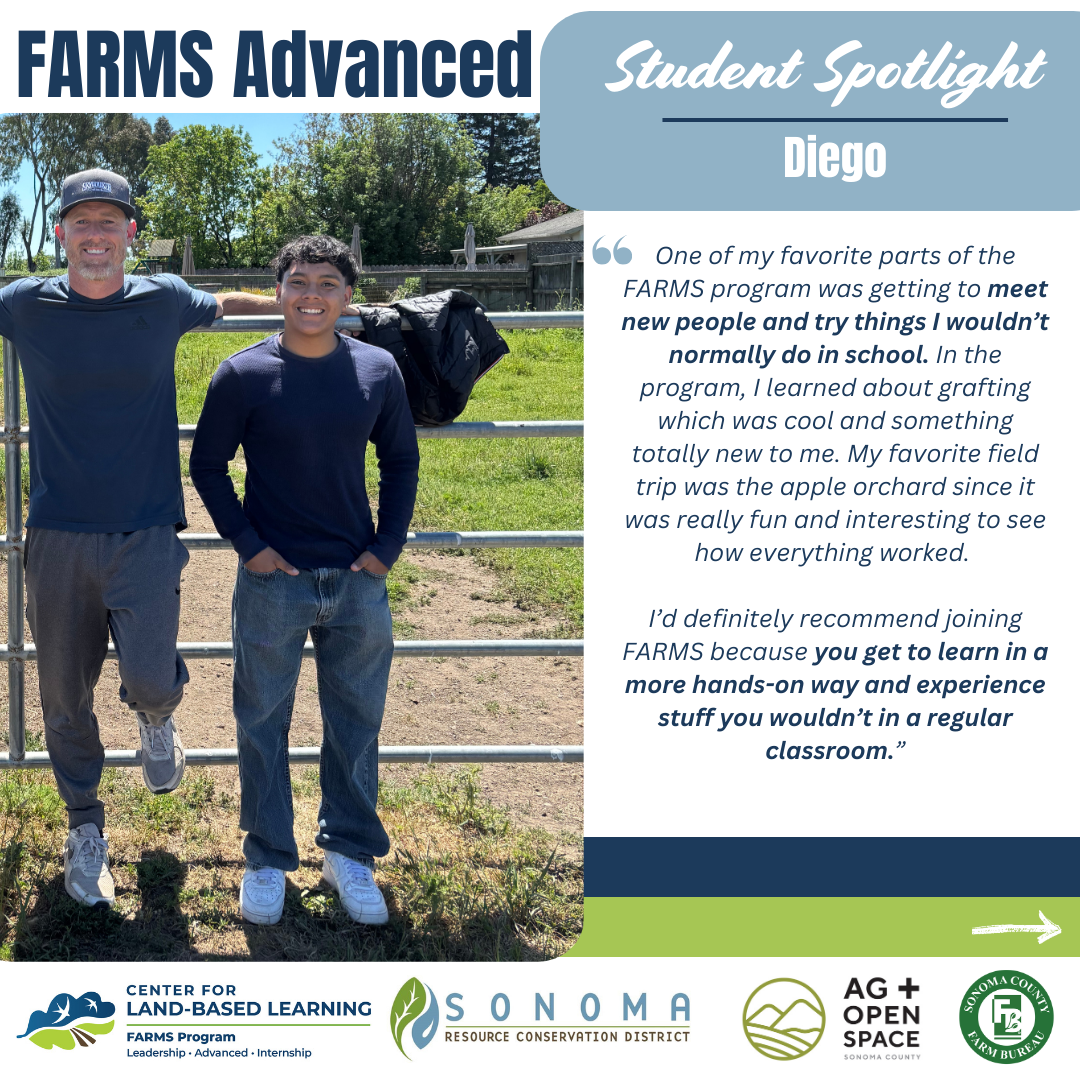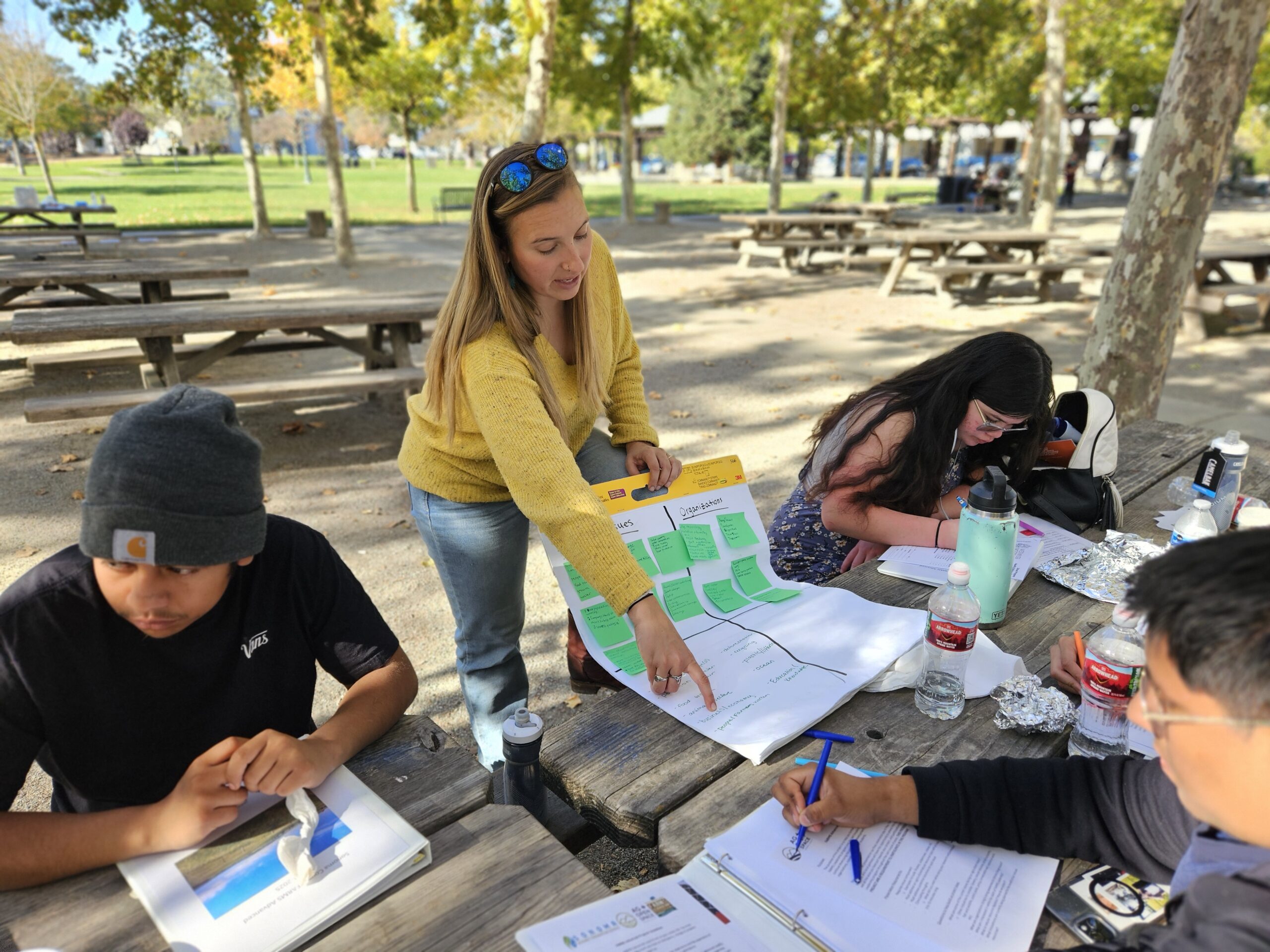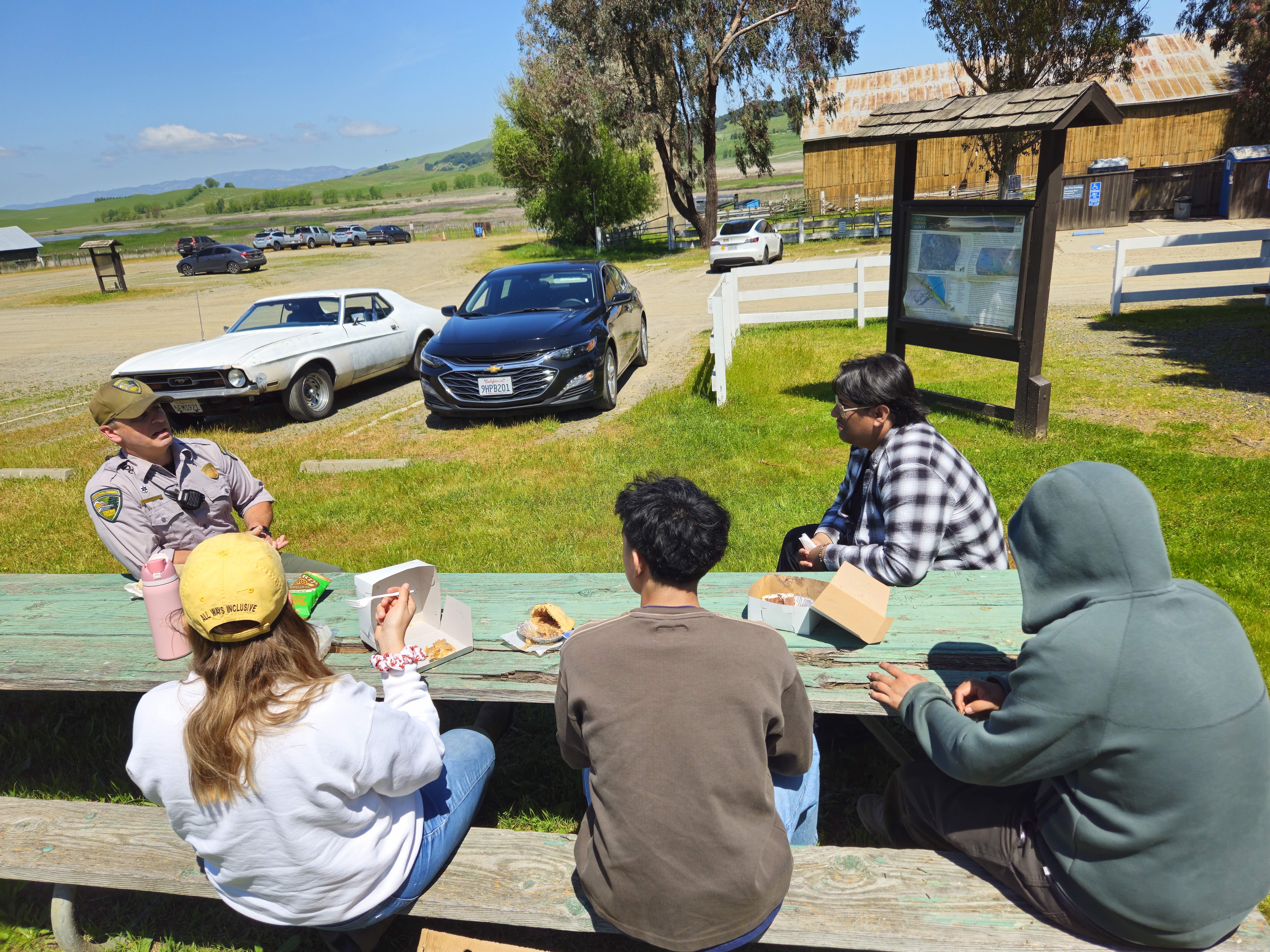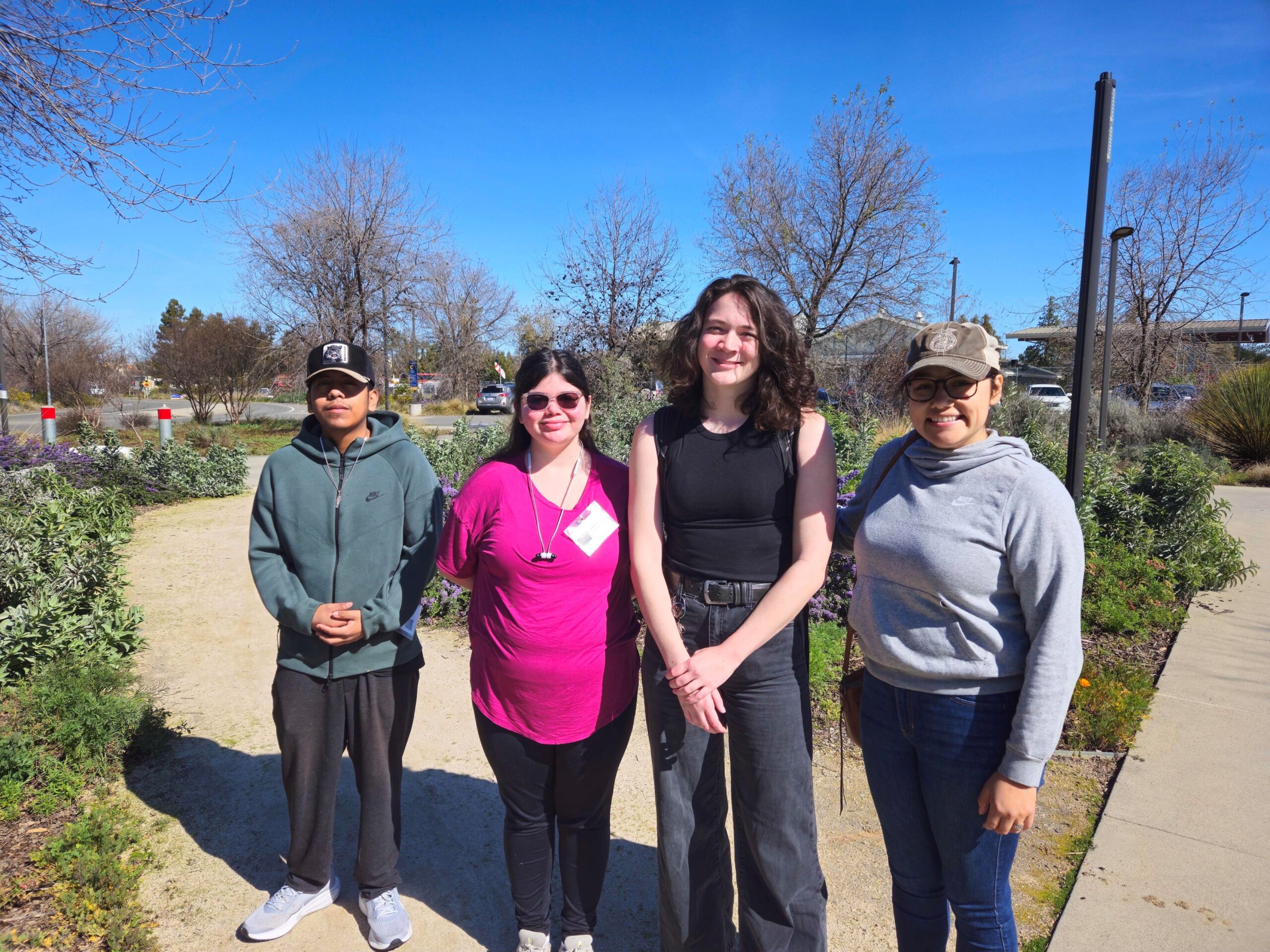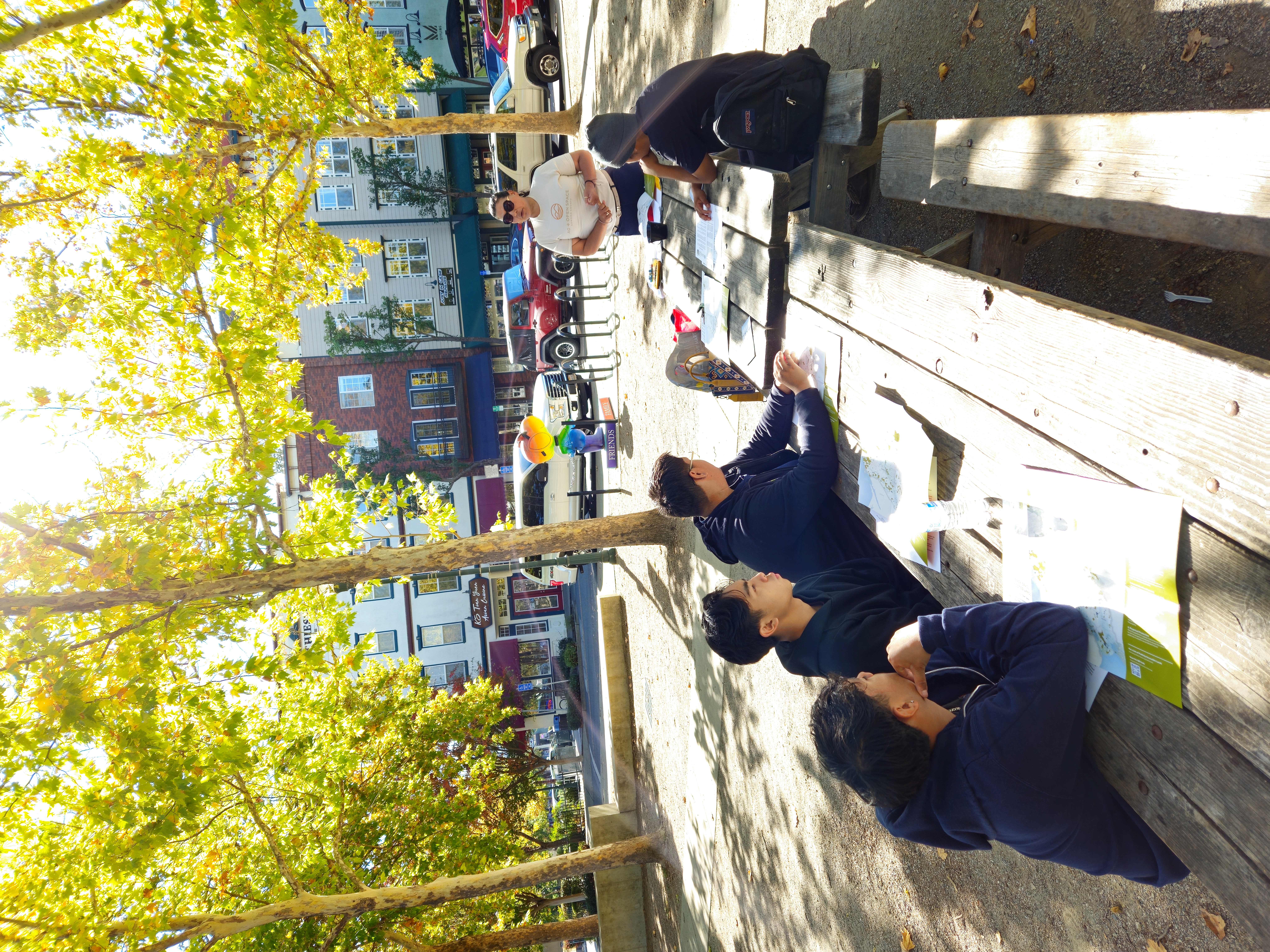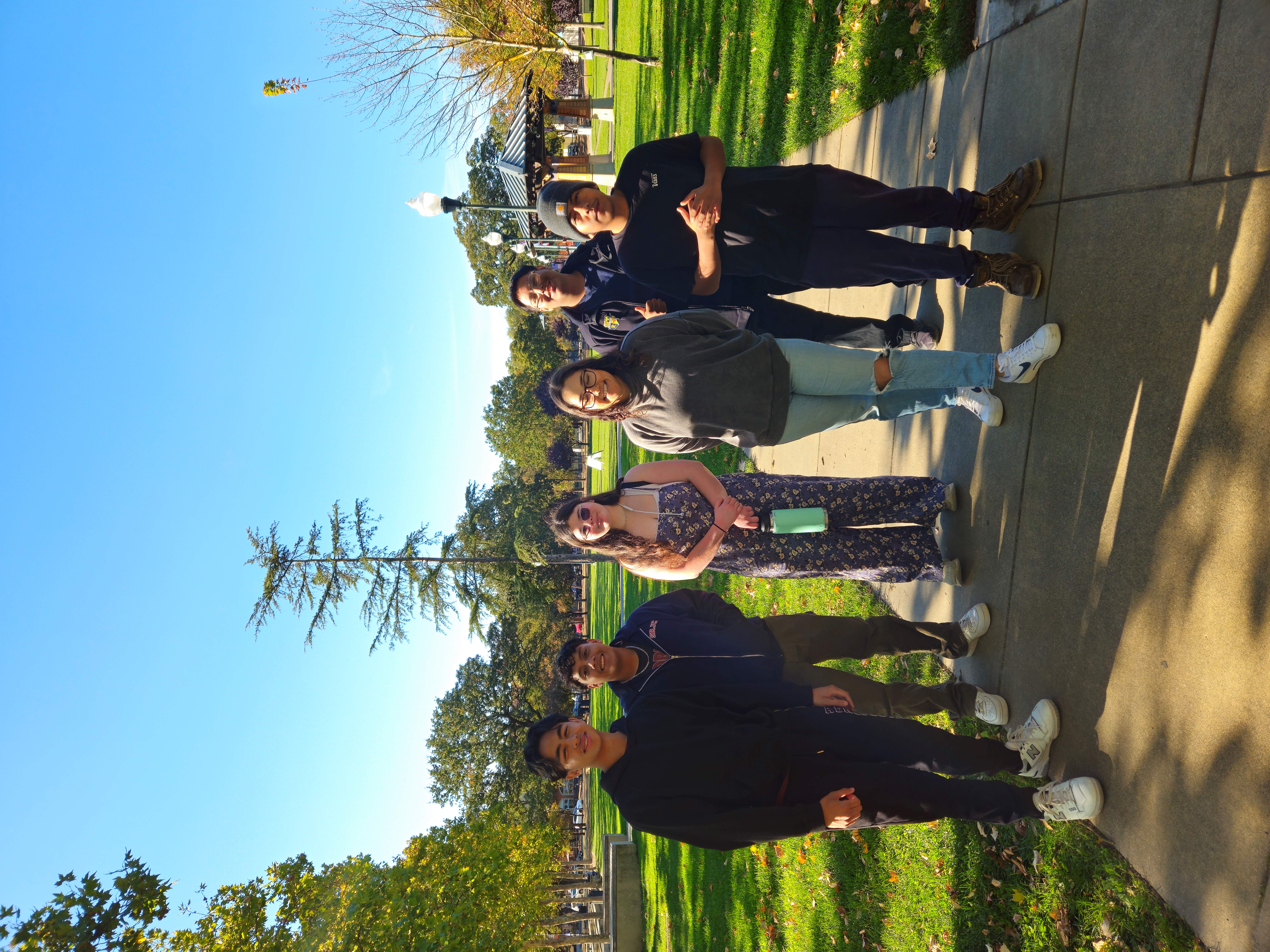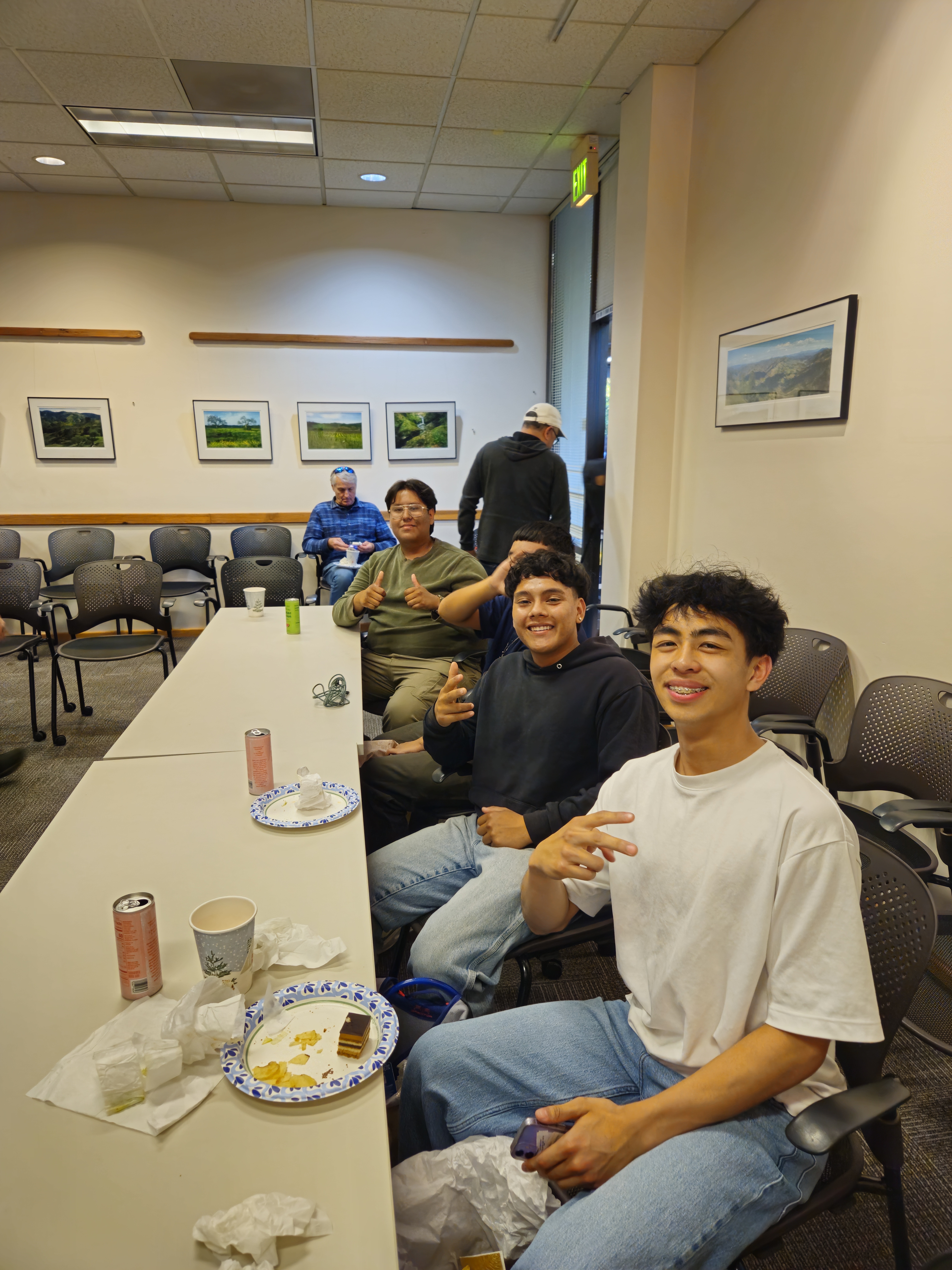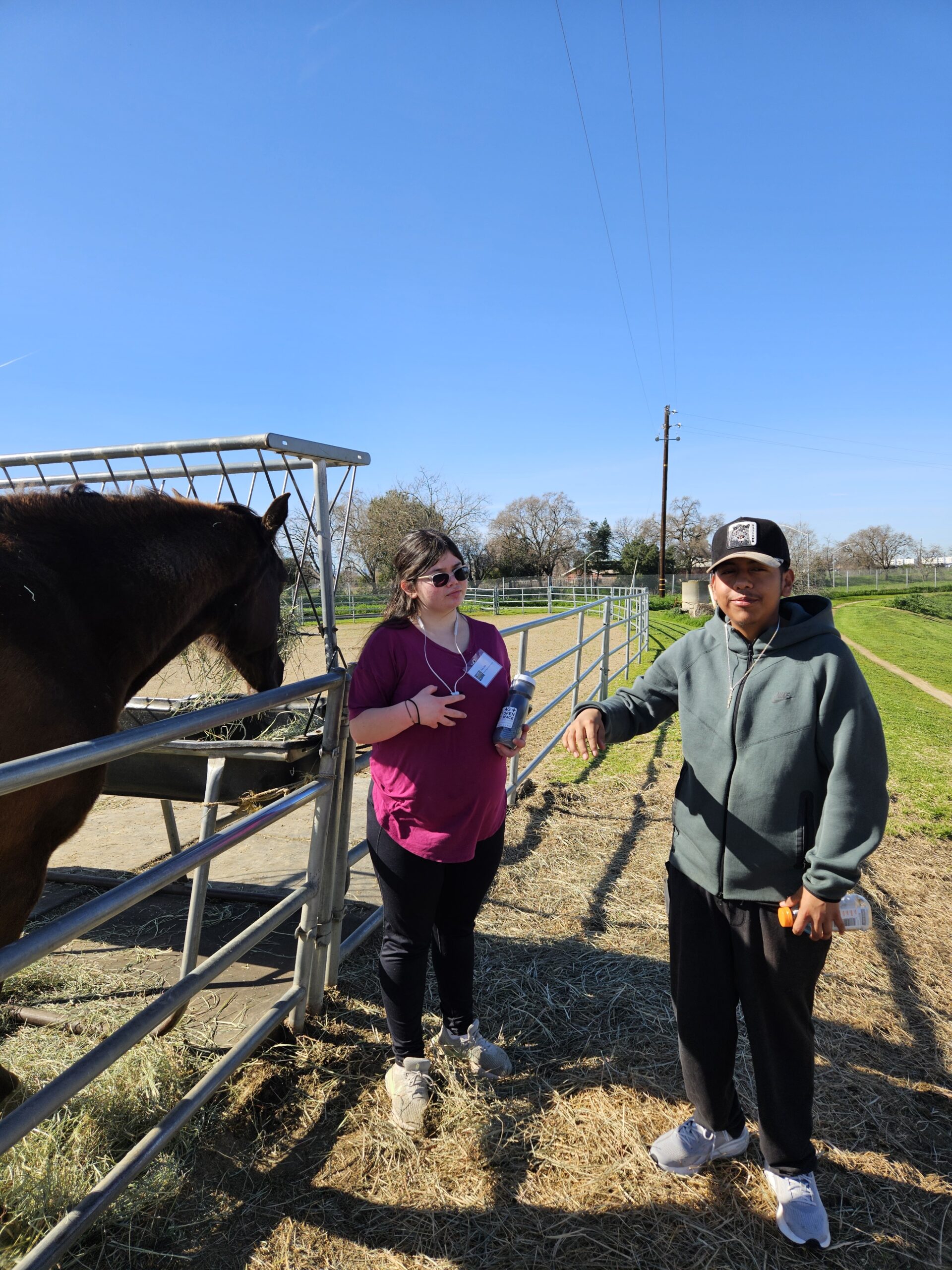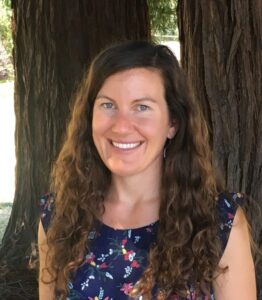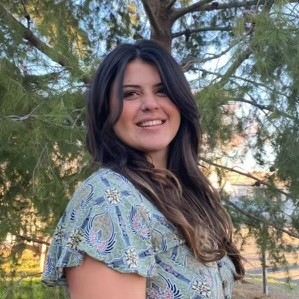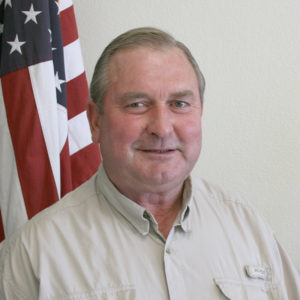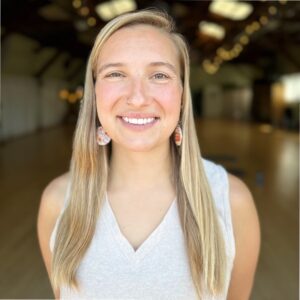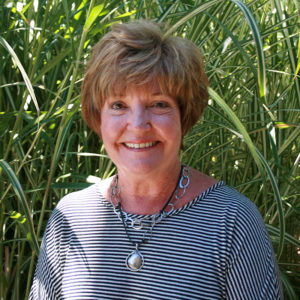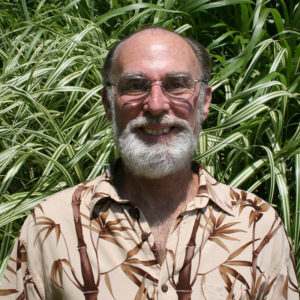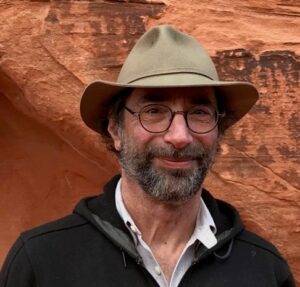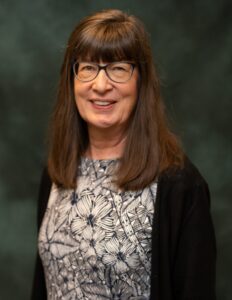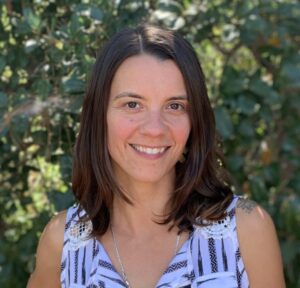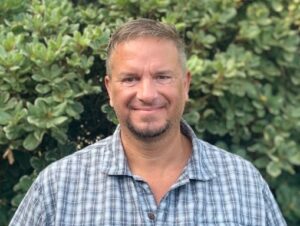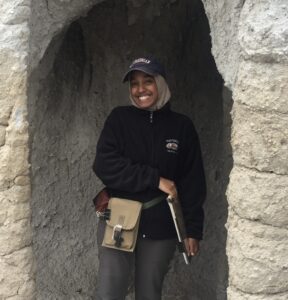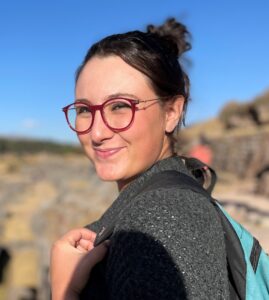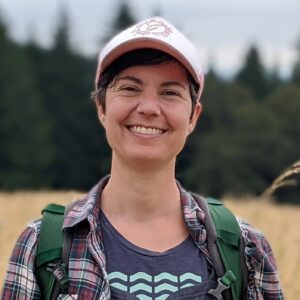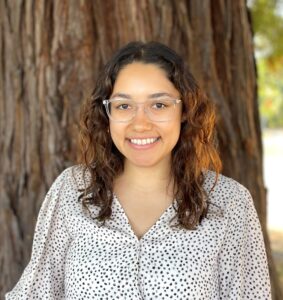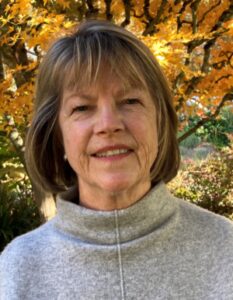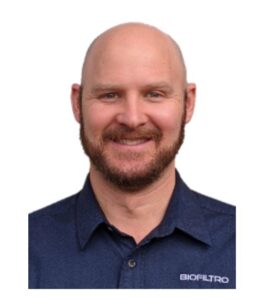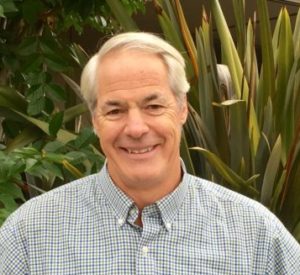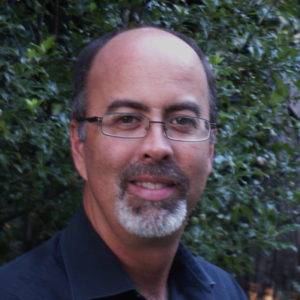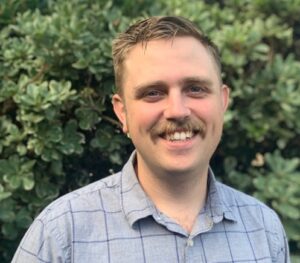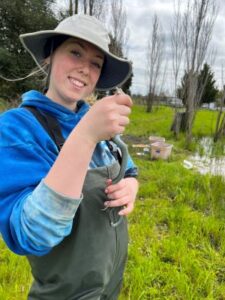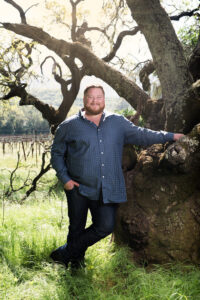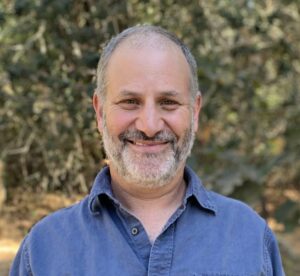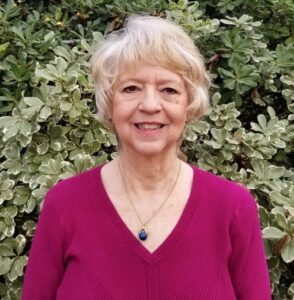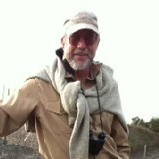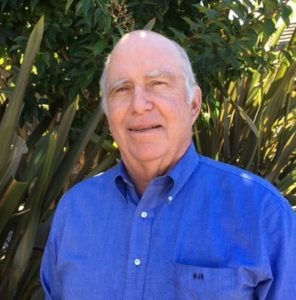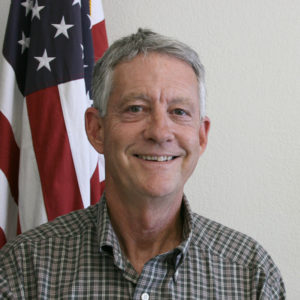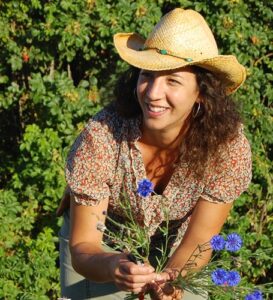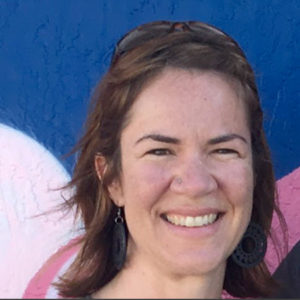Since 2018, the Sonoma FARMS Advanced Program (Farming, Agriculture, and Resource Management for Sustainability) has provided alumni of the year-one FARMS Leadership Program with opportunities to deepen their knowledge and expand their professional networks. Building on the skills, curiosity, and experience gained during their initial year, FARMS Advanced connects students with industry leaders through hands-on learning and small-group engagement. This next-level program empowers participants to explore their interests more deeply while gaining insight into real-world careers in agriculture and natural resource management.
Students from Casa Grande High School, Windsor Big Picture Learning, and Amarosa Academy participated in our 2024-25 cohort. During our first meeting, five selected students completed a survey sharing their interests, potential career paths, and topics they wanted to explore for their final presentations. They were the drivers of each of our site visits, getting to explore topics from the equine industry to technology on farms.
The 2024 FARMS Advanced Program kicked off with a visit to the Sonoma County Department of Agriculture/Weights & Measures, where students learned how scales are regulated and explored pest management tools—including a one-ton calibration weight!
Next, at Emeritus Vineyards in Sebastopol, students saw how wildlife-friendly practices like owl boxes, native plants, and water-smart irrigation support vineyard sustainability and biodiversity. In March, the group visited the UC Davis Veterinary School, exploring careers in animal health, meeting a FARMS alum now attending UC Davis, and touring the campus.
April took students to Renewables in Santa Rosa to test-drive solar-powered, remote-controlled tractors—a hands-on look at the future of sustainable farming. The year wrapped with a visit to a local sheep farm, where students practiced shearing and learned about raising and breeding show lambs. At Tolay Regional Park, they lunched with a park ranger to explore careers in natural resource management.
Following their final field visit, students presented to an audience of friends, family, mentors, and RCD staff on a resource management issue that resonated with them, along with a proposed solution. They presented on topics including fossil fuel reductions in agriculture, aligning agricultural practices with weather patterns, and improving the genetics of dairy herds through artificial insemination. Each presentation reflected thoughtful research and a genuine passion for creating positive change. We were all inspired by their insights and reminded of the innovation and leadership this next generation brings to the table.
We are incredibly proud of these students and excited to support them in their next steps. Thank you to both Sonoma Ag + Open Space and the Sonoma County Farm Bureau for making this program possible. There is no charge for this program, which is made possible by the taxpayers of Sonoma County who fund the work of Ag + Open Space with a quarter-cent sales tax.

